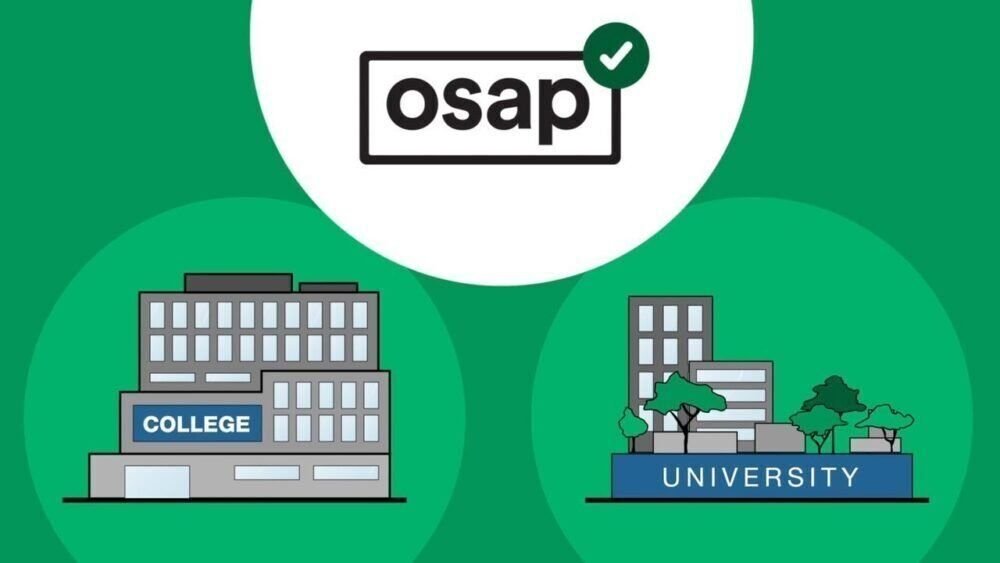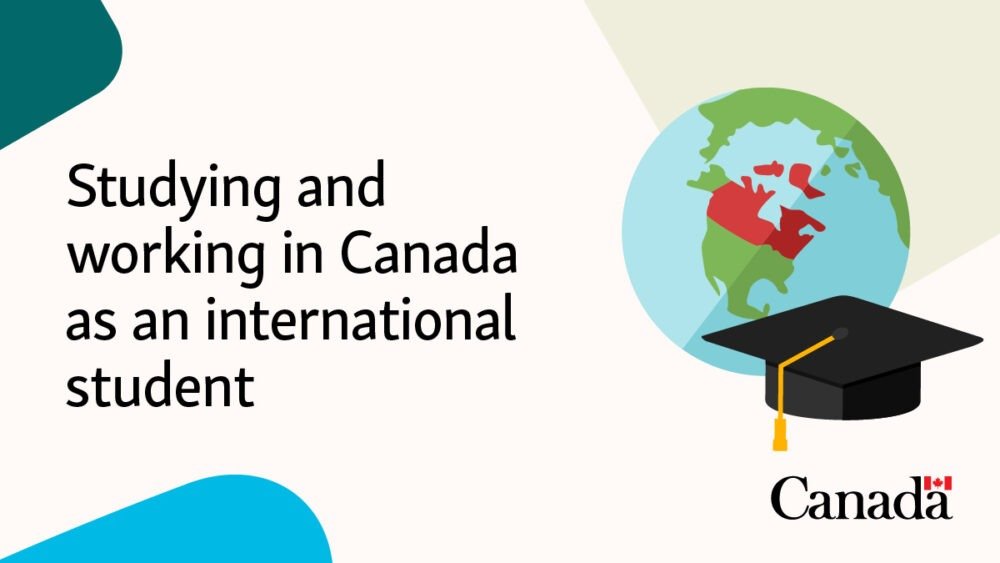
Are you an international student planning to change your school or program in Canada? Starting November 8, 2024, the rules for changing your Designated Learning Institution (DLI) as a post-secondary student have become stricter, requiring a new study permit in most cases. This change, introduced by Immigration, Refugees and Citizenship Canada (IRCC), aims to ensure compliance and streamline the immigration process amid Canada’s evolving immigration landscape under Prime Minister Mark Carney. With over 3.02 million temporary residents in Canada as of January 2025, including a significant portion of international students, these updates are critical for maintaining your legal status and achieving your educational goals. Read More
Why the Change? Understanding Canada’s 2025 Immigration Priorities
Canada’s immigration policies are adapting to balance economic growth, housing pressures, and sustainable population levels. As of January 2025, temporary residents, including international students, make up 7.25% of Canada’s 41.5 million population. To address concerns about housing and healthcare strain, the IRCC has tightened regulations, including a cap of 550,162 study permit applications for 2025 and stricter rules for changing DLIs. Read More
Who Needs to Follow the New Study Permit Rules?
-
No new study permit required: If you’re transitioning from primary (elementary) to secondary (high school) levels, you typically don’t need a new study permit, provided your current permit remains valid and has no restrictive conditions.
-
Action: Update IRCC with your new DLI details via your online account to stay compliant.
-
No new study permit required: If you’re switching schools at the same educational level (e.g., from one high school to another), you only need to notify IRCC of the change through your online account.
-
Exception: Ensure the new school is a DLI and not on the suspension list.
-
New study permit required: Transitioning from high school to a college or university requires a new study permit. You must apply for an extension and include a new Letter of Acceptance (LOA) from the post-secondary DLI.
-
Additional Requirement: As of January 22, 2025, you need a Provincial Attestation Letter (PAL) or Territorial Attestation Letter (TAL) for most post-secondary programs, unless exempt (e.g., French-speaking students or specific programs)
-
New study permit required: If you’re moving from a college or university to a secondary school, you must apply for a new study permit.
-
Documents Needed: Include a new LOA and, if applicable, a PAL/TAL.
-
No new study permit required: If you’re switching programs (e.g., from a business diploma to a computer science degree) at the same DLI, you don’t need a new study permit, as long as your current permit is valid and unrestricted.
-
Action: Notify IRCC of the program change via your online account.
-
New study permit required: As of November 8, 2024, you must apply for a study permit extension to change post-secondary DLIs (e.g., from one university to another). Simply updating IRCC online is no longer sufficient.
-
Grandfathered Rule: If you switched DLIs before November 8, 2024, and notified IRCC via your online account, you don’t need to apply for a new study permit, provided you’re still meeting your permit conditions.
-
Tip: Confirm your enrollment status with IRCC to avoid issues.
How to Change Your School as a Post-Secondary Student in 2025
-
Pro Tip: Check the DLI number (a unique code starting with “O”) and ensure the institution offers programs eligible for a Post-Graduation Work Permit (PGWP) if you plan to work in Canada after graduation.
-
Letter of Acceptance (LOA): A new, valid LOA from the new DLI.
-
Provincial/Territorial Attestation Letter (PAL/TAL): Required as of January 22, 2025, for most post-secondary students, unless exempt (e.g., master’s/PhD students or Francophone students)
-
Letter Explaining the Change: A brief letter detailing why you’re switching schools (e.g., better program fit, career goals, or institutional closure).
-
Proof of Compliance: Documents showing you meet the criteria to start studying at the new DLI (if applicable, see below).
-
Co-op Work Permit (if applicable): If moving to a co-op program at a different DLI, apply for a new co-op work permit.
-
Select “Extend your study permit” and indicate you’re changing DLIs.
-
Upload the required documents, including the LOA, PAL/TAL, and explanation letter.
-
Pay the application fee (CAD $150 as of May 2025, subject to change).
Processing Times: As of May 13, 2025, IRCC processing times for study permit extensions vary by country and application volume. Check the latest updates on IRCC’s processing times page to plan ahead.
-
You’ve remained in Canada since receiving the new LOA.
-
You continue to meet the conditions of your current study permit.
-
Your previous DLI faced one of these issues before you completed your program:
-
It closed.
-
It discontinued your program.
-
It was placed on the suspension list.
-
It lost its DLI status.
-
-
You’ve applied for a study permit extension.
-
Your current study permit is valid and doesn’t list a specific DLI.
-
You meet all existing study permit conditions.
Special Considerations for Changing DLIs in Quebec
-
Certificat d’acceptation du Québec (CAQ): You may need a new CAQ from the Quebec government before applying for a study permit extension. Check with the Ministère de l’Immigration, de la Francisation et de l’Intégration (MIFI).
-
DLI Requirements: Ensure the new DLI is recognized by both IRCC and Quebec’s provincial standards. Private post-secondary institutions in Quebec must follow the same regulations as public institutions to be PGWP-eligible.
What Happens If You Change Schools Without Notifying IRCC?
-
Permit Invalidation: Your current school may report you as unregistered, making your study permit invalid.
-
Cancellation or Removal: You may face permit cancellation or be asked to leave Canada.
-
Future Immigration Barriers: Non-compliance can prevent approval for future study or work permits, impacting your ability to stay in Canada or apply for permanent residency.
FAQs: Your Top Questions About Changing DLIs in 2025
A: Yes, if you’re switching within primary or secondary levels, you only need to update IRCC via your online account. Post-secondary changes require a new study permit.
A: A Provincial/Territorial Attestation Letter (PAL/TAL) is required for most post-secondary study permit applications as of January 22, 2025, unless you’re exempt (e.g., master’s/PhD students). Check with your province or DLI for details.
A: Processing times vary by country and application volume. As of May 13, 2025, IRCC processes 80% of applications within a few weeks to months. Check IRCC’s processing times page for updates.
A: You can only continue studying at a suspended DLI if you’re completing a program you already started. New programs at suspended DLIs are not permitted.
A: If your study permit application is pending, submit a new LOA and PAL/TAL (if required) via the IRCC web form to update your DLI.
Tips for a Smooth Transition
-
Plan Ahead: Apply for your study permit extension as soon as you receive your new LOA to account for processing times.
-
Verify PGWP Eligibility: If you aim to work in Canada after graduation, ensure your new DLI and program are PGWP-eligible. Recent changes (March 2025) removed field-of-study requirements for college bachelor’s and master’s programs, increasing flexibility.
-
Consult an Expert: Work with a Regulated Canadian Immigration Consultant (RCIC) like Kamal Deep Singh (R708618) for personalized guidance.
-
Stay Informed: Follow IRCC’s official updates or subscribe to our blog for the latest immigration news.
Conclusion: Stay Compliant and Thrive in Canada’s Education System
Canada remains a top destination for international students, with 94% of surveyed students expressing interest in studying here in 2025. However, navigating the new study permit rules for changing DLIs is essential to maintain your legal status and achieve your academic and career goals. By understanding the requirements, gathering the right documents, and applying for a study permit extension when needed, you can seamlessly transition to a new DLI while staying compliant with IRCC regulations.
Sources
-
Immigration, Refugees and Citizenship Canada (IRCC) official guidelines






